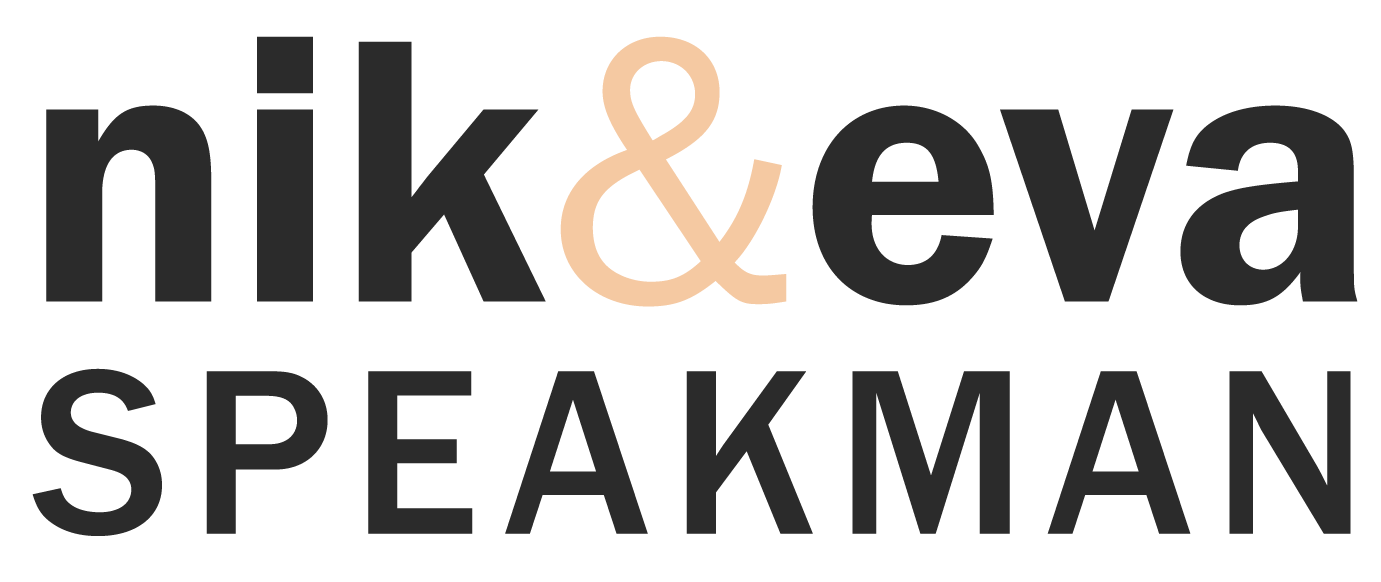Five tips for a difficult conversation
We all have to face difficult discussions throughout our lives. Many of those can absolutely fill you with dread. Conversations that are full of confrontation, leading to feelings of anxiety, panic and sleepless nights. That dialogue often might be with family members, friends, your child, co-worker, or even your boss. If you’ve got one of those conversations coming up, you should find some tips in this blog that might help!
Don’t catastrophise
Often we build confrontations up, or make them appear worse than they actually are! We’re even guilty of doing this ourselves. We have all had to make tense telephone calls in the past that we originally thought were going to be painstakingly anxious. And yet afterwards we realised they were absolutely nothing like that. We often say to each other “that really wasn’t so bad now was it?!” We highly recommend trying to positively change your perspective on the upcoming discussion. Maybe our technique “but luckily” could help. For example I’m about to have a difficult conversation BUT LUCKILY, it’s going to resolve many issues for everyone involved.
Rehearse the conversation
Just like anything, the more you practise something, the more confident and proficient you will become. So, to help you feel calmer about the difficult discussion coming up, see it in your mind’s eye, visualise it happening over and over – perceive the conversation going well, think about all things you’re going to say and do. Therefore, when the time comes, and you’re face to face with that person (or on the phone) you’ve kind of already done it. You’ll feel more in control.
Change Terminology
This isn’t a ‘conflict’, this isn’t going to be ‘hard work’, this isn’t going to be ‘challenging’. This is a ‘healthy discussion’ to solve a problem. Everyone is going to ‘benefit’.
Keep Your Desired Outcome In Mind
We all know what it’s like when you go off into a deep and meaningful discussion with a friend or family member, it’s easy to go off on a different tangent and lose track of what the conversation was originally meant to be intended for. Keep thinking “What do I want from this conversation?” so that you’re leading the conversation and that the outcome can be as good as it could possibly be for yourself, and hopefully for others involved – with the best of intentions!
Do Not Disagree
This is important; you might not agree with everything someone says, but it’s important to say “I understand that point of view, but” – or “I’m sorry that you feel that way, but just consider this”. You always have to acknowledge what that person is saying, as it shows that you care and it stops putting up any walls. If you deliver this with sincerity, then you can’t argue with someone when they’re being really nice and kind.

